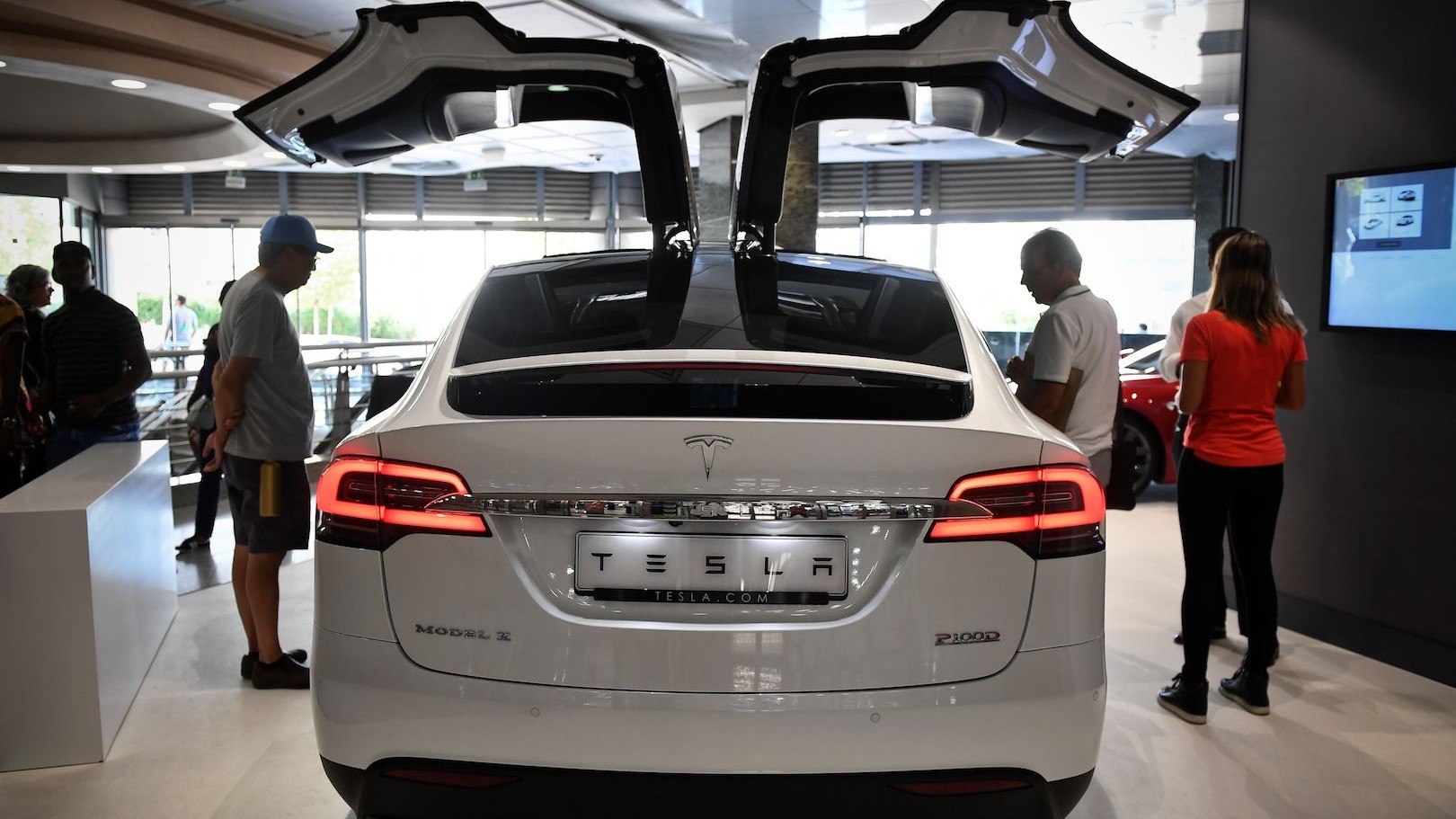
Beijing announced Tuesday electric car companies such as Tesla will be able to set-up shop in China later this year without having to partner with a local manufacturer.
The news, possibly an olive branch to President Donald Trump, currently engaged in a low-level trade war with Beijing, came 24 hours after the White House announced a seven-year ban on U.S. companies selling components to Chinese smartphone manufacturer ZTE.
China has recently shown signs it is willing to open up its huge economy to foreign-owned companies.
Until now, all foreign auto companies had to find a local partner, building cars under 50-50 joint ventures. While some companies have thrived using this system, others have been wary of sharing technology — with critics concerned over the theft of intellectual property.
Relaxing the rules on electric car companies will be applied to the entire auto industry by 2022, Beijing said.
Yet there was some bad news for Trump: Beijing is imposing a huge 179 percent tax on U.S. imports of sorghum, a move designed to hit farmers in states where the president enjoys strong support.
Trump has been threatening to impose tariffs on $150 billion in Chinese-made goods in recent weeks.
Tensions increased Monday with the decision to ban U.S. companies from selling components to smartphone maker ZTE for seven years, after it was found to have lied about selling equipment to Iran and North Korea.
ZTE admitted last year to violating sanctions by selling equipment to the repressive regimes, and it was fined $1.2 billion as well as being forced to fire four senior employees.
However, a statement from the Department of Commerce Monday revealed that ZTE had “made false statements to the U.S. Government when they were originally caught” and instead of “reprimanding ZTE staff and senior management, ZTE rewarded them. This egregious behavior cannot be ignored.”
Unfortunately for Trump, the ban will have a knock on impact on U.S. companies.
Shares in Massachusetts-based Acacia Communications plummeted 36 percent Monday after the ban was announced. The reason? The company said it generated 30 percent of its revenue in 2017 from ZTE alone.
The ban will also impact Qualcomm, a major supplier of processors to ZTE. According to Counterpoint’s Neil Shah, the ban could cause Qualcomm to lose out on as much as half a billion dollars in revenue.


0 Comments